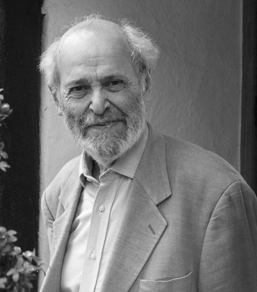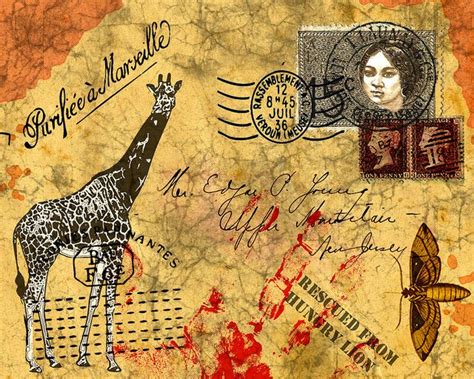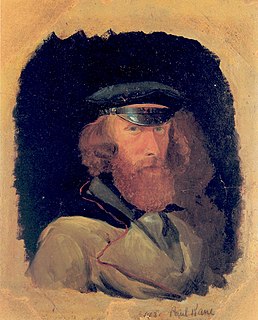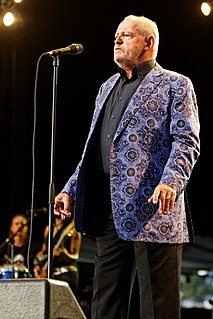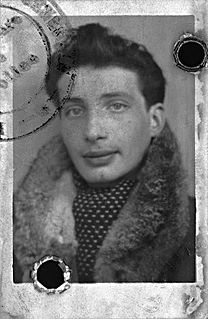A Quote by Ron Rash
Furthermore, even if ideas were gettable - say, stacked in a secluded cave like the Dead Sea scrolls - I wouldn't go there. An 'idea,' especially one adhered to from start to finish, can be disastrous for a compelling piece of fiction.
Related Quotes
Sometimes people won't even finish a piece that you wrote, because they've already decided what it is that you want to say, and generally I, whatever I say in the first half of the piece, you should not assume I'm going to end up with, but they don't finish reading them. So, and people read fast and stuff.
Learn a lot about the world and finish things, even if it is just a short story. Finish it before you start something else. Finish it before you start rewriting it. That's really important.
It's to find out if you're going to be a writer or not, because that's one of the most important lessons.
Most, maybe 90% of people, will start writing and never finish what they started. If you want to be a writer that's the hardest and most important lesson: Finish it. Then go back to fix it.
Scholars have found that references to Christ in Josephus were deliberately planted in the translation long after it was written, and the Latin references to Christ are not to a person of that name. In the Dead Sea Scrolls there was mention of a particular "teacher of righteousness" who had characteristics somewhat like those attributed to Christ, but it might easily have been someone else.
Writin songs is like a mystery. The most difficult thing to do is have a good idea. If you have a decent idea, the songs are the easy part. Actually having something to say is the hard part. If you get an idea for a song, then it pulls you along. There are just some ideas that you get that are really hard to edit out; it's hard to stop thinking about some bad ideas. So you just finish it and you end up putting it on a record.
When you build a building, you finish a building. You don't finish a garden; you start it, and then it carries on with its life. So my analogy was really to say that we composers or some of us should think of ourselves as people who start processes rather than finish them. And there might be surprises.
I don't need to feel 100% safe, but I have to feel like there's room for me to go a little bit insane if I'm going to have good ideas. Because a good idea is a new idea and if you start going around like, "I have this new idea!" most people are gonna be like, "I've never heard that before, that sounds fishy."







